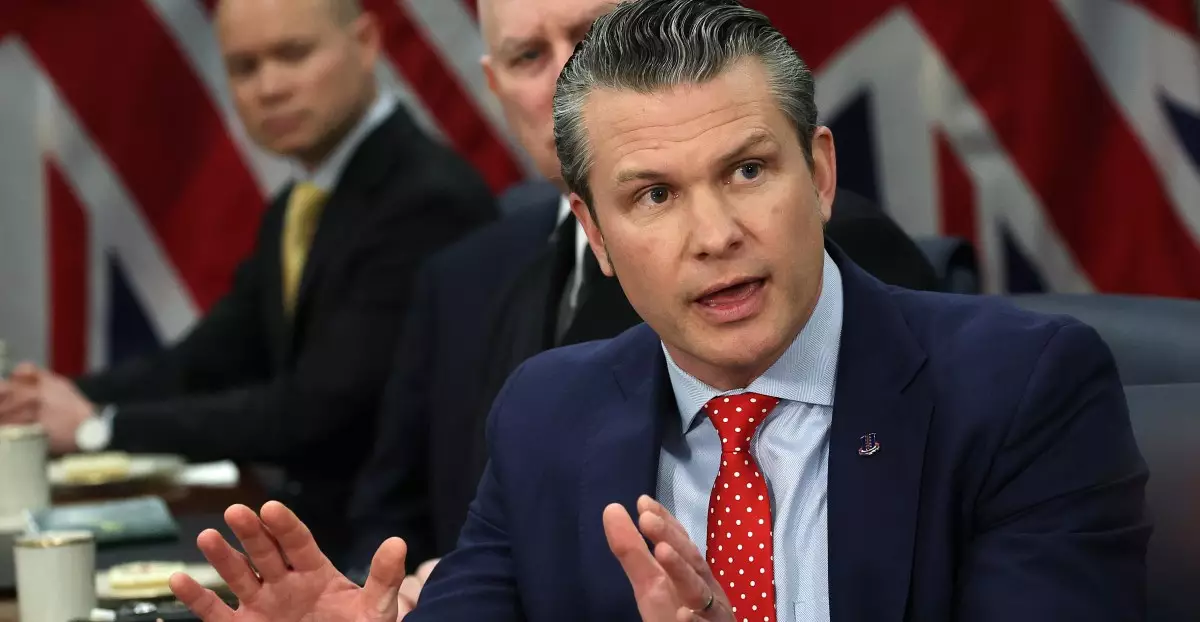The recent unauthorized inclusion of a journalist in a high-stakes group chat has underscored the alarming vulnerability of digital communication among government and military officials. The infamous ‘Houthi PC Small Group’ on Signal was established for covert discussions regarding military operations against Yemen. When Jeffrey Goldberg, the editor-in-chief of The Atlantic, found himself inadvertently privy to these highly classified conversations, it raised serious ethical questions and highlighted the blurring line between privacy and security in the digital age.
Misplaced Confidence in Technology
The intent behind using Signal—a platform touted for its end-to-end encryption—suggests an inherent trust in technology that may not be justified. While encryption is vital for safeguarding sensitive information, it can give a false sense of security. As we learned from the debacle, critical details regarding military operations were casually discussed on an app not sanctioned for classified information exchange. This oversight reveals a dangerous level of recklessness within elite circles, where the ramifications of a single mistake could jeopardize national security. The reliance on consumer-grade applications for securely planning military strikes raises significant concerns.
The Human Element in Security Failures
It’s not merely the technology that failed but rather the individuals using it. The gathering of high-ranking officials—including Vice President JD Vance and Defense Secretary Pete Hegseth—illustrates a staggering lack of accountability and awareness. If even a veteran journalist can get lost in the digital shuffle, what does that reveal about the vigilance of officials tasked with sensitive information? Their lack of awareness when it comes to who was present in their discussions symbolizes a deeper systemic issue—an underestimation of the perils associated with digital communication that could expose operational details.
Cultural Connotations of Celebration
What’s equally troubling is the cavalier nature that surfaces after confirming military actions. The group’s exchange of celebratory emojis following reports of bombings in Yemen speaks volumes about the culture among those who wield such power. This detached cheerfulness in the face of military action highlights a disturbing normalization of violence and the consequences of warfare. To many, these are not just operations but lives affected—an incongruity that calls for a serious reevaluation of military discourse in informal settings.
Lessons for the Future
The Houthi incident serves as a paradigm of the need for stricter protocols regarding communication around sensitive topics. National security must not only rest on secure communication tools but also on the principles of integrity among those tasked with sensitive information. By creating an environment where informal communication can occur, we risk fragmenting the seriousness required for military and governmental deliberations. Without accountability, we cannot hope to maintain the integrity and security that swift military operations demand.

